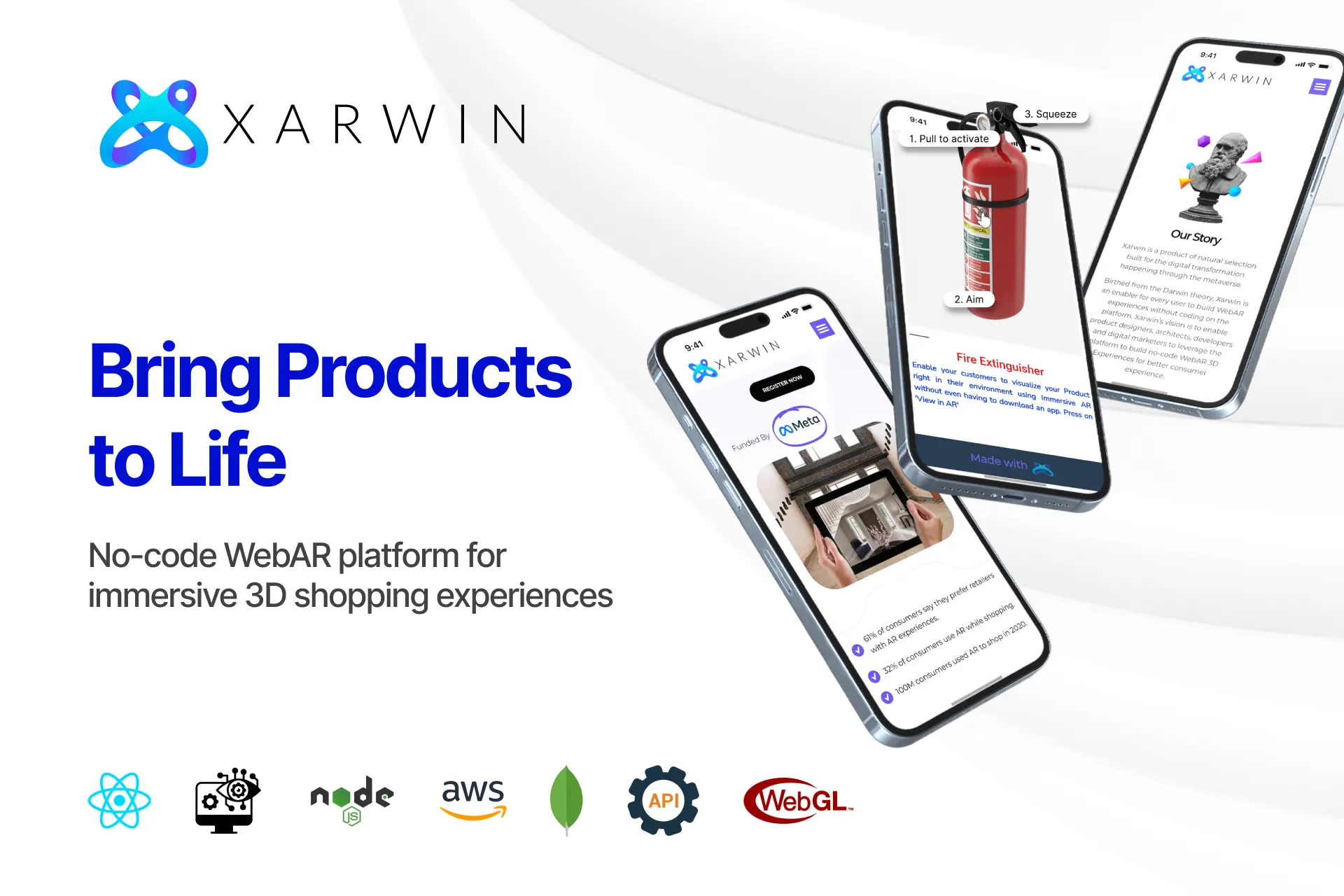Beginner’s Guide to Fleet Management Software for Logistics Companies in Canada Explained for Small, Medium, and Large Fleets
Introduction
Fleet Management Systems (FMS) are transforming how logistics companies in Canada operate. From reducing fuel costs to improving delivery efficiency, these systems are becoming essential tools for staying competitive in a fast-changing logistics market.
By integrating GPS tracking, telematics, and AI-driven analytics, modern FMS solutions provide logistics companies in Canada with real-time visibility and control over their entire fleet. They help businesses streamline operations, ensure driver safety, and comply with local transport regulations. With the logistics sector in Canada expanding rapidly, adopting a reliable fleet management system has become a critical step for companies aiming to scale, optimize performance, and stay ahead of the competition.
Why Fleet Management Matters in Canada
Rising fuel prices and operational costs
Logistics companies in Canada face constant pressure from high fuel expenses and maintenance costs. A fleet management system helps track fuel consumption, prevent misuse, and optimize routes—directly lowering operational costs and improving profitability.
Increasing customer expectations for faster deliveries
With e-commerce and on-demand services growing in Canada, customers expect quick and accurate deliveries. Fleet management software ensures real-time tracking, route optimization, and improved scheduling, enabling logistics companies to meet delivery timelines and boost customer satisfaction.

The need for safety, compliance, and real-time visibility
Transport regulations in Canada are becoming stricter, and companies need better visibility into fleet operations to remain compliant. A fleet management system monitors driver behavior, tracks vehicle health, and maintains digital compliance records—ensuring both safety and legal adherence.
Growing competition in logistics and transportation
The logistics market in Canada is highly competitive, with new players entering regularly. Companies using advanced fleet management systems gain a competitive edge by reducing costs, improving delivery performance, and offering better transparency to their clients.
Key Features of a Fleet Management System
Real-Time Tracking – Monitor vehicle locations and routes
Fleet management systems in Canada use GPS tracking and telematics to provide real-time visibility of every vehicle. This ensures logistics managers can monitor routes, reduce delays, and optimize deliveries with accurate data.
Fuel Management – Reduce wastage and track fuel usage
Fuel is one of the biggest costs for logistics companies in Canada. A fleet management solution helps track fuel consumption, detect inefficiencies, and reduce wastage—leading to significant cost savings and better sustainability.
Predictive Maintenance – Prevent breakdowns and reduce downtime
Unexpected vehicle breakdowns affect both operations and customer trust. With predictive maintenance tools, fleets in Canada can schedule timely servicing, monitor engine health, and minimize costly downtime.
Driver Performance Monitoring – Improve safety and efficiency
Driver behavior directly impacts safety, fuel efficiency, and brand reputation. Fleet management software in Canada tracks metrics like speed, idling, and harsh braking, helping improve driver performance and reduce accident risks.
Regulatory Compliance – Stay aligned with transport laws in Canada
Compliance is a critical challenge for logistics businesses in Canada. A fleet management system automates record-keeping, ensures adherence to transport regulations, and reduces the risk of penalties or legal issues.
Benefits of Logistics Companies in Canada

Future of Fleet Management in Canada
With the rise of AI, IoT, and electric vehicles, the future of fleet management in Canada will focus on smarter automation, sustainability, and deeper data integration. Companies that adopt early will gain a clear competitive edge.
Integration with Smart Cities and 5G Networks
As Canada invests in smart city infrastructure and 5G connectivity, fleet management systems will leverage faster data transfer for real-time decision-making, seamless tracking, and advanced communication between vehicles and control centers.
Growth of Electric and Sustainable Fleets
Sustainability regulations and rising fuel prices in Canada are accelerating the shift toward electric vehicles (EVs) and hybrid fleets. Fleet management software will play a critical role in monitoring battery performance, charging cycles, and overall energy efficiency.
Advanced Analytics and AI-Driven Forecasting
Fleet management in Canada will increasingly rely on predictive analytics and artificial intelligence to forecast demand, reduce downtime, and automate route planning. This will empower logistics companies to make data-driven decisions and stay ahead in a competitive market.
Seamless Integration with ERP and Supply Chain Platforms
To achieve end-to-end visibility, future fleet management solutions in Canada will integrate directly with ERP, CRM, and supply chain management tools—providing one unified ecosystem for operations.
Cut costs, stay compliant, and grow smarter with fleet management in Canada.
Conclusion
Fleet Management Systems are revolutionizing logistics operations in Canada by delivering measurable improvements in efficiency, compliance, and return on investment. With features like real-time vehicle tracking, predictive maintenance, fuel management, and driver monitoring, FMS solutions help logistics companies cut operational costs, ensure regulatory compliance, and achieve faster delivery times.
Recent Posts

Build an AI MVP in 7 Days: Rapid AI Prototype Framework



Celebrating Our Successful WMS Implementation at UPS
Boost fleet efficiency in Canada—start with the right system today.
Partner with Nyx Wolves
As an experienced provider of AI and IoT software solutions, Nyx Wolves is committed to driving your digital transformation journey.
Your benefits:
- Client-oriented
- Independent
- Competent
- Results-driven
- Problem-solving
- Transparent
What happens next?
We Schedule a call at your convenience
We do a discovery and consulting meting
We prepare a proposal
Schedule a Free Consultation
See Our Case Studies

AI-powered job matching platform
PerpectV AI-Powered Job Matching Platform for Leading South African

No-code web based AR Platform
Revolutionizing Online Product Showcase with No-Code WebAR Xarwin is


Case Study – Ecostay
Srivalli Ecostays offers a unique hospitality experience, allowing guests




